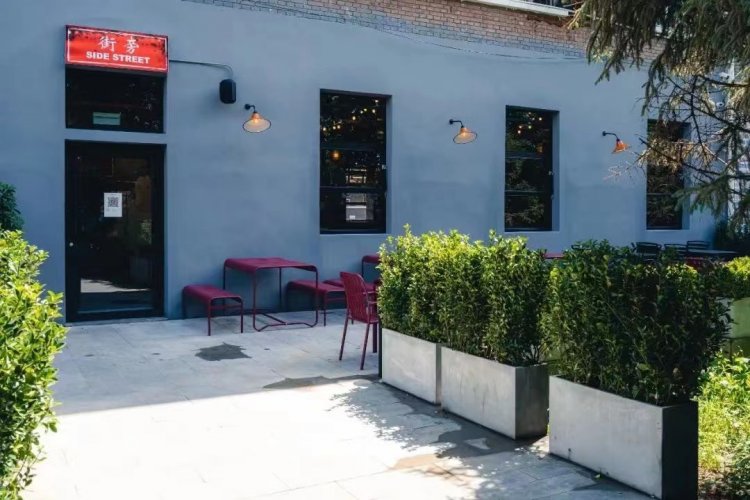CBD Rents Now World's 4th Most Expensive, Beating NYC's Midtown, Central Tokyo
Thanks to Beijing's rapidly booming economy, we can now proudly state that our lovely Central Business District is now the 4th most expensive rental market in the world, with a single square meter going for an average of RMB 875 a month in "total occupancy costs" (which includes rent and service fees).
The global report released yesterday by real estate bigwigs Cushman & Wakefield has Beijing rising 3 spots from #7 to #4, leapfrogging midtown Manhattan and central Tokyo, and cheaper only than London, Hong Kong and Moscow.
To put that in relative terms, a 20sqm office -- enough for a desk and just about room enough to swing a cat -- would set you back close to RMB 17,500 a month.
At this level, Beijing's CBD rents are now roughly double the price of Amsterdam and Seoul; triple that of Vienna; and quadruple what you'd pay in Bangkok's CBD.
The story hits close to home for us here at the Beijinger, as last month we bailed out of our overpriced CBD office (where some of the world's costliest rents won't even buy you fully functioning toilets or sufficient elevators, and certainly doesn't buy you breathable air) for cozier (and in fact more convenient) digs south of Sanlitun. Come visit us sometime, we're just a bit south of Chaoyang Hospital, in the shadow of the Fosun Building. We're where the star is on this here map:
Graphic: Adapted from Cushman & Wakefield; Map: Google & Susu Luo
Related stories :
Comments
New comments are displayed first.Comments
![]() admin
Submitted by Guest on Wed, 02/26/2014 - 11:34 Permalink
admin
Submitted by Guest on Wed, 02/26/2014 - 11:34 Permalink
Re: CBD Rents Now World's 4th Most Expensive, Beating NYC's...
The flaw with such data as this is that it is extracted from whatever prime developments that the compilers choose to assess. CBD houses various developments of proportionate size and exclusivity , so it is a false impression that this data represents the district as a whole.
That's true but they do that for every city -- so the data is roughly comparable across cities, and the prime rates tend to "set the market" -- aka even second-tier developments will command higher rates in desirable areas when they see what the bigwigs are charging.
![]() alwn1708
Submitted by Guest on Wed, 02/26/2014 - 11:26 Permalink
alwn1708
Submitted by Guest on Wed, 02/26/2014 - 11:26 Permalink
Re: CBD Rents Now World's 4th Most Expensive, Beating NYC's...
The flaw with such data as this is that it is extracted from whatever prime developments that the compilers choose to assess. CBD houses various developments of proportionate size and exclusivity , so it is a false impression that this data represents the district as a whole.
Validate your mobile phone number to post comments.



